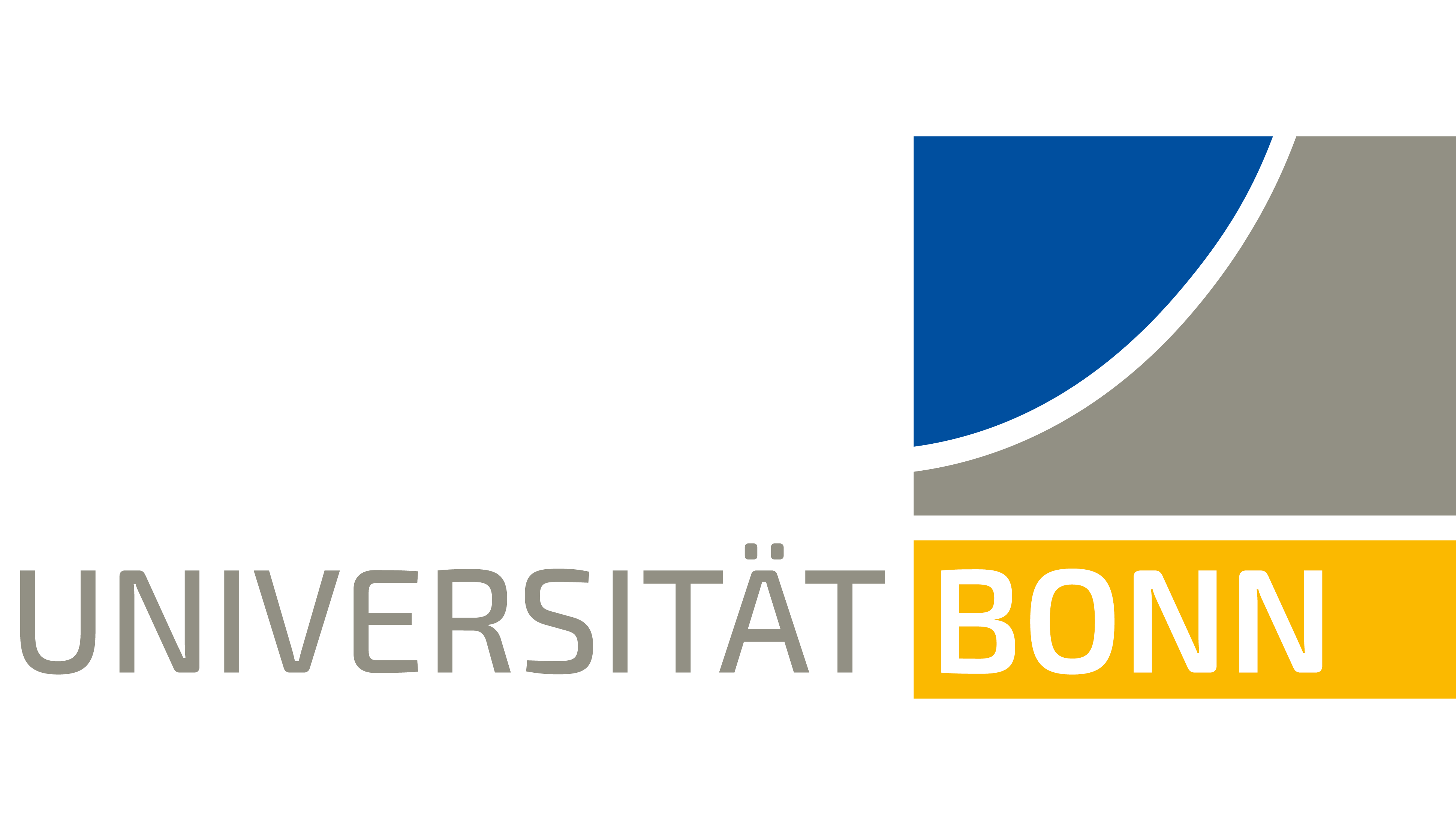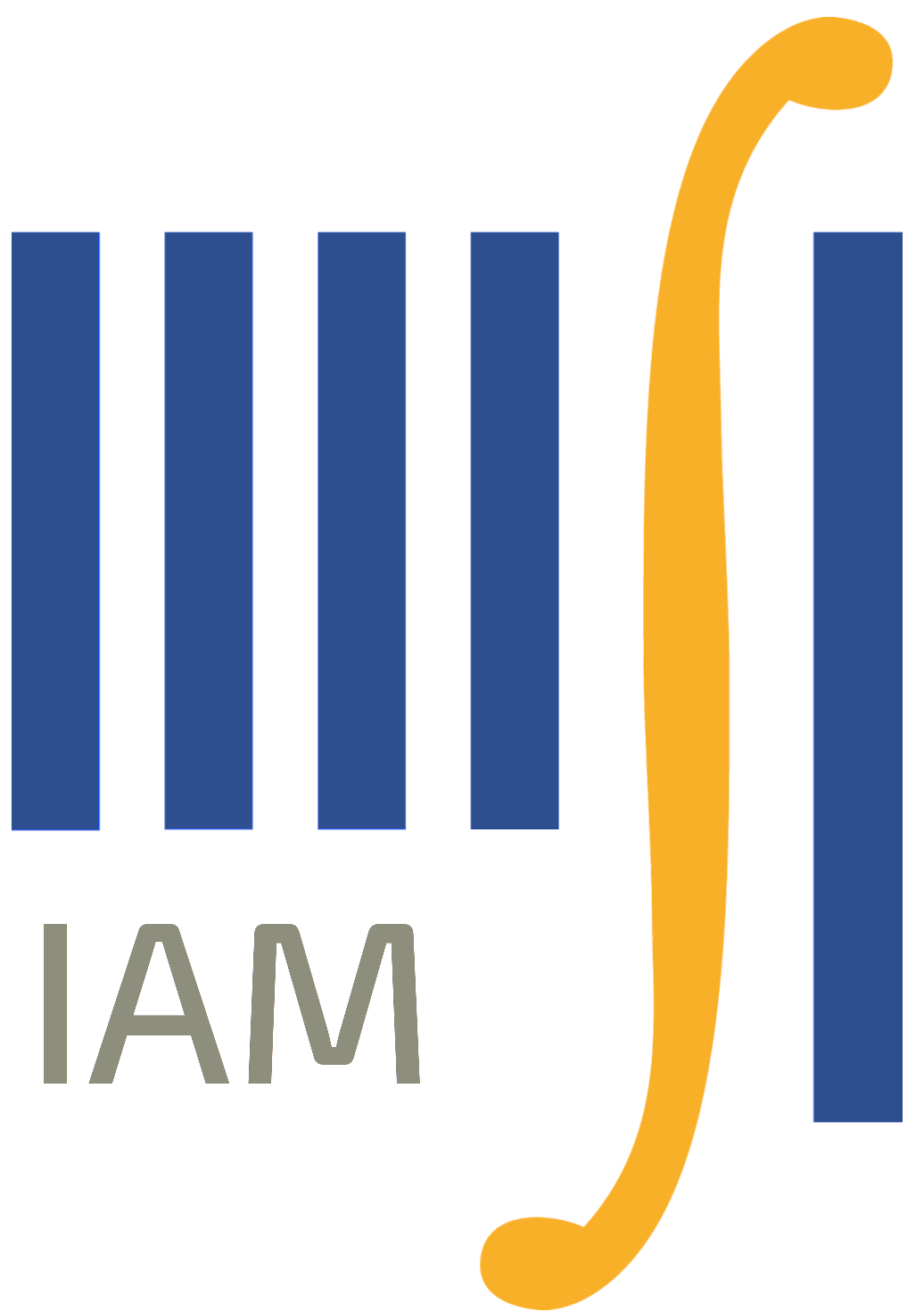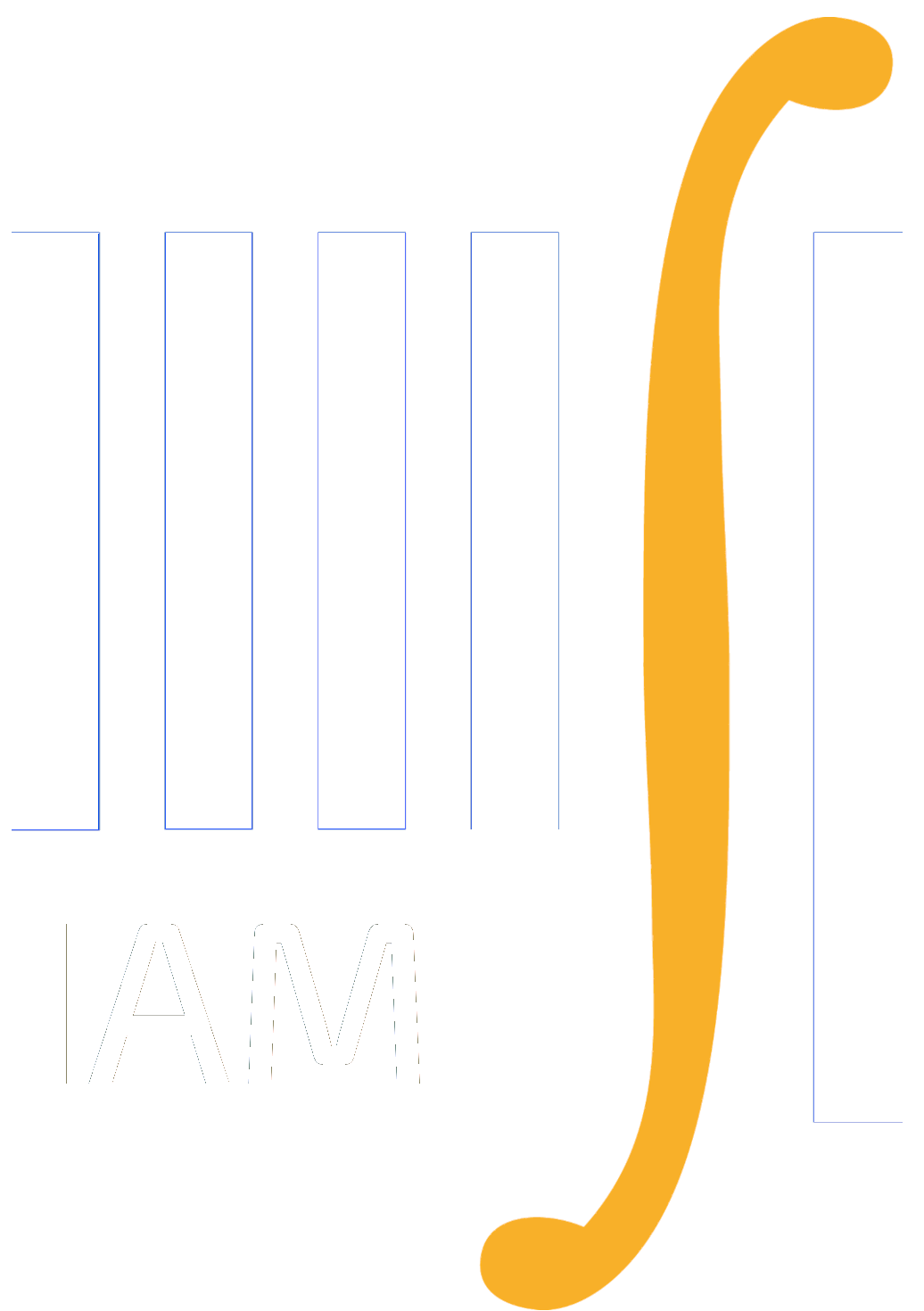V3F2/F4F1 - Grundzüge der Stochastischen Analysis / Foundations in Stochastic Analysis
WS 2019/2020
Tuesday 14.00-16.00 We10 / Kleiner Hörsaal and Friday 10.00-12.00 CP1-HSZ / Hörsaal 7
Tutorials
Exercise sheets will be posted here on Thursday and redactions collected on the next Thursday before 4pm unless specified otherwise. They will be the subject of the tutorials taking place the week after the collection of the redactions. Is possile to work in groups at most of two students. Tutorials will start the week of October 14th. Please see on BASIS for tutorial schedule.
Exam
The exam is oral. First exam session February 4-6 2020. Second exam session March 25-27 2020.
A list of possible topics for the oral exam (non-exhaustive, but representative) (pdf)
Description
The course is an introduction to stochastic calculus in continuous time and to the theory of stochastic differential equations.
Contents
- Brownian motion and continuous time martingales, stopping times.
- Stochastic calculus wrt. a continuous martingale, Ito's formula, Girsanov's theorem
- Stochastic differential equations, weak and strong solutions
- Link with PDE theory, Feynman-Kac formula
Prerequisites
- Basic measure theory, Construction of stochastic processes (Daniell-Kolmogorov theorem)
- Conditional expectation, Martingales and stopping times in discrete time (revised at the beginning of the course)
- Suggested references: D. Williams: Probability with martingales, Lecture notes for the course "Stochastic processes" SS19 (link)
Recommended literature
- Lecture notes of A. Bovier "Stochastic processes" and "Introduction to stochastic analysis"
- Philip Protter, Stochastic Integration and Differential Equations.
- Ioannis Karatzas and Steven E. Shreve. Brownian motion and stochastic calculus.
- Timo Seppäläinen: Basics of Stochastic Analysis. (pdf)
Lecture Notes
We will follow mainly the lectures notes of Prof. Bovier WS17/18 course (pdf). Detailed notes of the material presented in the lectures will be posted here:
- Note 1: Brownian motion (20191019, v1.0)
- Note 2: SDEs, strong/weak solutions, Tanaka's formula (20191229, v1.0)
Problem sheets
- Sheet 0 (solved during the tutorial, not to be done beforehand)
- Sheet 1 (due Thursday October 17th)
- Sheet 2 (due Thursday October 24th)
- Sheet 3 (due Thursday October 31st)
- Sheet 4 (due Thursday November 7th)
- Sheet 5 (due Thursday November 14th)
- Sheet 6 (due Thursday November 21th)
- Sheet 7 (due Thursday December 5th)
- Sheet 8 (due Thursday December 12th)
- Sheet 9 (due Thursday December 19th)
- Sheet 10 (due Thursday January 9th)
- Sheet 11 (due Thursday January 16th) (revised version 10/01/2020 due to a typo)
- Sheet 12 (due Thursday January 24th) (revised version 18/01/2020 due to a duplicate exercise)
Course Journal
- (8/10) Introduction to the course (only 1h)
- (11/10) Brownian motion, definition. Gaussian aspects.
- (15/10) Brownian motion as a Markov process and a martingale. Martingale problem for the BM.
- (18/10) Levy's construction of Brownian motion, Haar and Schauder functions.
- (22/10) Completion of the existence proof for BM. Review of definitions and main results on discrete time martingales (convergence theorems, Doob's inequalities, backwards martingales)
- (25/10) Cadlag functions. Regularization. Cadlag martingales, examples: Brownian motion and Poisson process.
- (29/10) Construction of the Poisson point process. Poisson counting process, Poisson compound process. Doob's regularisation Theorem.
- (1/11) [holiday]
- (5/11) Right continuous filtrations and usual setting, modification and indistinguishable processes, Doob regularization theorem for supermartingales, convergence theorems for cadlag supermartingales, maximum inequality for cadlag submartingales and Doob inequality for cadlag martingales. [F. de Vecchi]
- (8/11) Construction of Brownian motion using Doob regularization theorem, Holder regularity of Brownian motion, uniform convergence of quadratic variation, unboundedness of linear variation of Brownian motion. [F. de Vecchi]
- (12/11) Stopping times, pre-T sigma-algebra. Hitting and entrance times. Doob's optional sampling theorem in continuous time.
- (15/11) Starting stochastic integration. (following Chapt 3 of Bovier) Riemman-Stiljes integrals.
- (19/11) Quadratic variation for continuous martingales.
- (22/11) [cancelled]
- (26/11) Integration of simple processes agains a continuous martingale. Ito isometry. Stochastic integral.
- (29/11) Ito's formula
- (3/12) Multidimensional Ito's formula, Cross-variation, Levy's caracterisation of Brownian motion. [F. de Vecchi]
- (6/12) Martingale measure for Black and Scholes model, stochastic exponential, Girsanov theorem (with proof), Novikov condition (without proof) and applications. [F. de Vecchi]
- (10/12) Stochastic differential equations: strong and weak solution. Basic statement about existence of solutions with Lipshitz coefficients.
- (13/12) SDEs with locally Lipshitz coefficients. Explosion. Some examples.
- (17/12) Path-wise uniqueness/uniqueness in law. Tanaka's example. Tanaka's formula and local time of a semi-martingale.
- (20/12) Reflected Brownian motion. Construction of weak solutions via Girsanov's transformation.
- (7/1) Uniqueness in law via Girsanov transform.
- (10/1) Conditioning of Brownian motion. Brownian bridge and its SDE.
- (14/1) Brownian motion conditioned to be positive and the Bessel process.
- (17/1) [cancelled]
- (21/1) SDEs & PDEs. Probabilistic representation for the Dirichlet problem. Regularity of harmonic functions.
- (24/1) Regular points of the boundary of a domain and boundary condition for the Dirichlet problem. Existence of solution to the Dirichlet problem. Sufficient condition for regularity of a boundary point.
- (28/1)
- (31/1)


